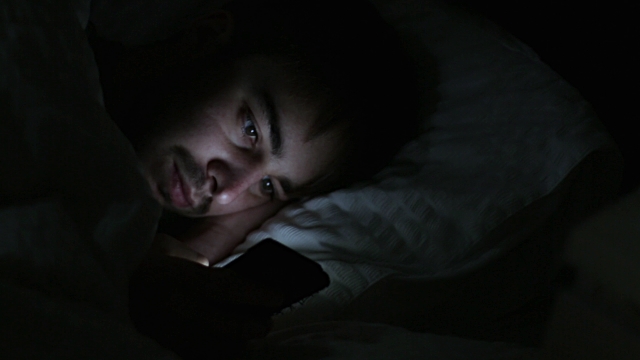There is no doubt that access to high-speed internet can really be the greatest help to anyone in terms of studying or learning or even doing household chores but there is a downside to it as well.
One never really knows where to stop.
According to a new study that was funded by the European Research Council, researchers successfully established a link between broadband internet access and sleep deprivation. Furthermore, the findings revealed that those of us who have high-speed internet access at our homes are enjoying it at a cost of 25 minutes of sleep every night.
A researcher at the Carlo F. Dondena Center for Research on Social Dynamics and Public Policy at Bocconi University in Italy, Luca Stella, told Digital Trends that internet addiction and technology use at bedtime are mostly blamed for sleep deprivation epidemic. The empirical evidence on this relationship is still limited.
She further told that in her study they first showed descriptive evidence that there exists a correlation between the use of digital devices at night and shorter sleep duration. Then the researcher told that they exploited the differences in the access to high-speed internet caused by pre-existing telephone infrastructure in Germany and then they analyzed the relationship between high-speed internet and sleep. The researchers found out that access to broadband internet reduces sleep duration and sleep satisfaction.
She further stated that the results were according to their preliminary assumptions that the use of digital devices at night might hamper with the quality sleep of an individual.
What was more surprising was the correlation between smartphone use and short sleep duration which was found to be highest among 30-59 year-olds instead of those under 30.
The probable explanation according to the researcher would be that individuals in 30s have more work-related and family-related matters to sort in the morning and they might not be able to compensate for bedtime, later.











